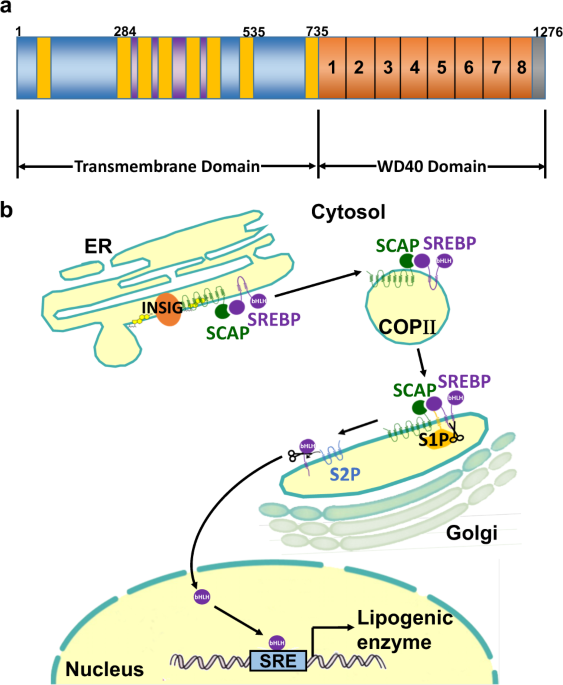
- Select a language for the TTS:
- UK English Female
- UK English Male
- US English Female
- US English Male
- Australian Female
- Australian Male
- Language selected: (auto detect) - EN
Play all audios:
Today’s early May bank holiday was a present by the 1974-79 Labour government to the workers. I was on a TUC committee that decided whether to hold the proposed new bank holiday on 1st May,
as in many other countries, or just make it the nearest Monday. As a young leftie NUJ president, I argued for a day off on the International Workers’ Day. But the brothers – there were few
sisters in those days – said Nah, make it the first Monday of May so we can play golf, go shopping, and have a 3-day weekend. The voters of Hartlepool and many other places where Labour
hopes to win votes this Thursday, will enjoy having today off, but very few of them will be members of a trade union in the private sector. Yet today the working class is as numerous as
ever. Shipyards and steel plants are gone but giant Amazon and sports shoes warehouses have replaced them. Casual dock labour has disappeared, but the queues of Deliveroo bikers working for
a pittance far below what is needed to have a decent family existence queue up hoping to get a delivery. Labour supporters in Hartlepool and elsewhere lament the loss of working class votes.
Commentators and academics offer different reasons for the end of workers’ support for Labour. But it is not just Labour. In Europe and most democracies, workers no longer necessarily vote
for the classic 20th century political parties of the centre-left – the Social Democrats in Germany, the Socialists in France, the Democrats in the United States or Labor in Australia. They
are as likely to vote for rightwing nationalists like Donald Trump. Seldom mentioned is the disappearance of trade unions as agencies channelling working-class votes to Labour and other
parties of the Left. In Britain, only 12 per cent of workers in the private sector are in unions. In America unions no longer exist to challenge or seek compromise with capitalism. Only one
in ten American employees carries a union card and the majority of those are in the public sector, where town halls, or schools, police, firefighters, and other taxpayer-financed employers
are content to have unions as part of a human resource management structure. The same is true in the UK, where most of the TUC’s due-paying membership is in the public sector and no longer
confront the capitalist boss. Occasionally a judge will side with workers, as in the recent Supreme Court ruling on Uber drivers’ status. But direct attempts to organise the new working
class into unions fail. As a result there is no-one or no organisation pushing unskilled workers, those without a university degree or fully trained qualifications, into voting Labour.
Public sector workers may vote Labour but they are not numerous enough to win enough seats to form a government. Those without jobs, or living on benefits, or scratching a living by working
a few hours here and there on minimum wage rates feel bitter and ignored as no-one speaks for them. They are prey to the nationalist demagogy of a Marine Le Pen, or Donald Trump, of the AfD
in Germany or Nigel Farage in England that all would be well if there were no or fewer immigrants, who undermine the rights of the native born citizens to have a good job and decent pay.
That siren call is age-old but in the past could be countered by trade unions that organised and represented people in every corner of the community. The decline and quasi disappearance of
trade unions in the 21st century has coincided with the decline of the working class vote for parties like Labour. Sir Keir Starmer can visit Hartlepool as often as he likes but if the
working class of Hartlepool are no longer in unions they are less and less likely to vote Labour. A MESSAGE FROM THEARTICLE _We are the only publication that’s committed to covering every
angle. We have an important contribution to make, one that’s needed now more than ever, and we need your help to continue publishing throughout the pandemic. So please, make a donation._


